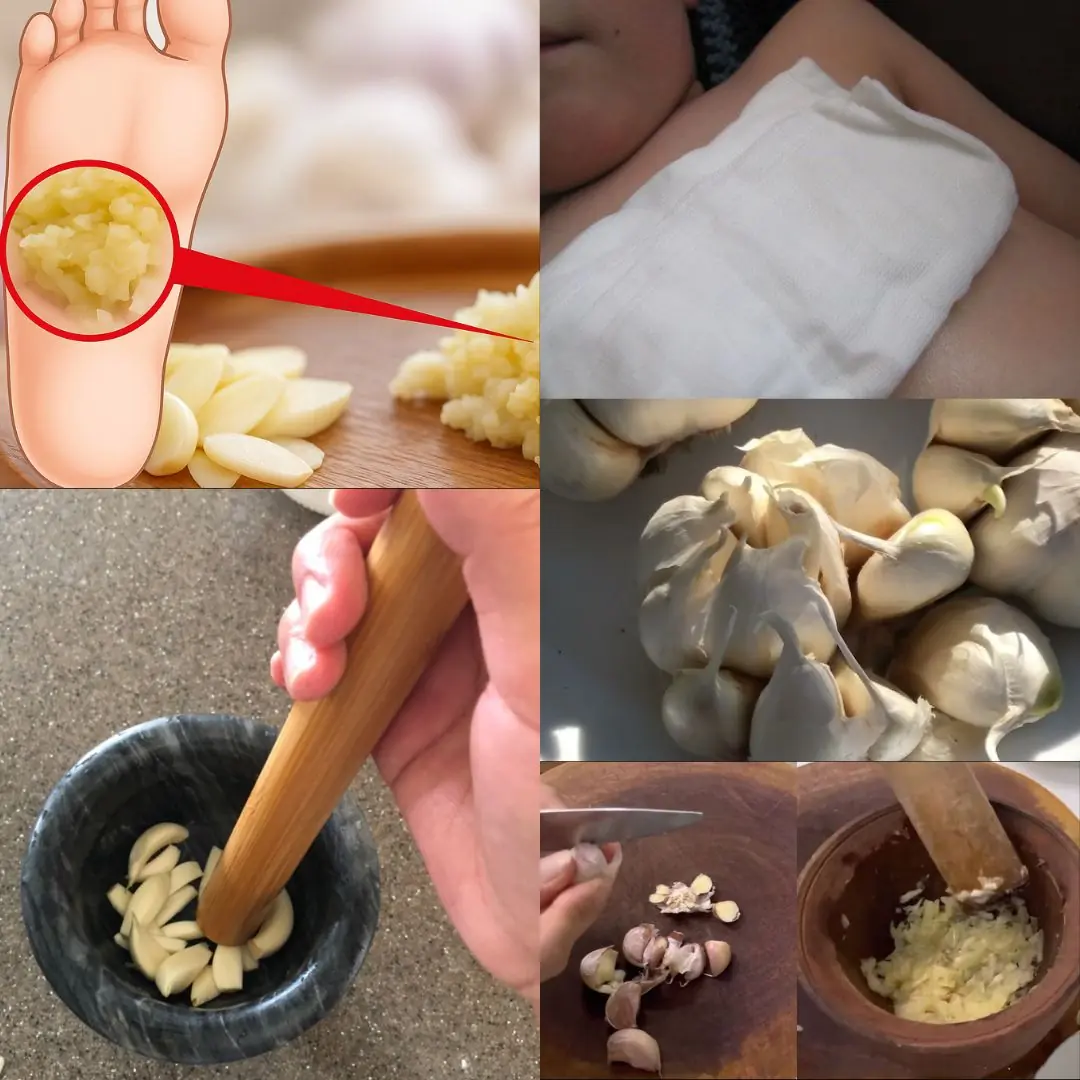
❤️ 5 Subtle Signs That May Suggest Heart Trouble – And When to See a Doctor
Your heart works quietly — beating about 100,000 times a day, delivering life to every cell without ever demanding applause.
But sometimes… it whispers.
Soft signals. Easy to dismiss.
A little fatigue.
Shortness of breath you chalk up to age.
A strange pressure that fades before you can name it.
These signs often come long before a heart attack or emergency. They’re your body’s early warnings — invitations to listen before it’s too late.
Because real heart health isn’t about reacting to a crisis.
It’s about awareness — hearing the whispers before the storm.
🔍 Why Heart Disease Hides So Well
Heart disease is often called a silent killer for a reason.
Plaque builds up gradually inside arteries, narrowing them and limiting oxygen flow — all without pain or obvious symptoms.
By the time discomfort appears, damage may already be advanced. That’s why recognizing early, subtle changes can save lives.
And those clues can appear in unexpected places — your energy, your breathing, your legs, even your gums.
Here are five important signs your heart might need more attention.
1. Unexplained Fatigue or Persistent Low Energy
(Especially common in women)
You’re getting decent sleep. Eating normally. But you wake up tired, drag through the day, and simple chores feel exhausting.
This isn’t just “getting older.” It can be one of the earliest signs that your heart isn’t pumping efficiently. When the heart can’t move blood effectively, oxygen delivery drops — leaving every cell underpowered.
✅ Common in:
-
Heart failure
-
Coronary artery disease
-
Women before a heart attack (often mistaken for stress, menopause, or anxiety)
🩺 Take note: Ongoing or new fatigue — especially if you used to have good energy — deserves medical evaluation. Your heart might be working harder than you realize.
💡 Bonus tip: Keep track of when fatigue occurs. If it worsens after meals or mild activity, mention that to your doctor — it helps pinpoint cardiovascular strain.
2. Shortness of Breath During Normal Activities
If you find yourself winded walking to the mailbox, climbing stairs, or lying flat, don’t assume it’s just deconditioning.
When the heart’s pumping ability declines, fluid backs up into the lungs, making breathing harder.
✅ Often appears with:
-
Swelling in the ankles or feet
-
Needing extra pillows to sleep comfortably
-
Waking up breathless or coughing at night
💡 Known as dyspnea, this is a hallmark of heart strain.
🩺 Tip: If shortness of breath appears suddenly, or worsens without clear cause, it’s not something to “wait and see.” Get checked promptly.
3. Swelling in Legs, Ankles, or Feet (Edema)
Notice puffiness in your lower legs or shoes fitting tighter by evening? Press on your shin — if it leaves an indentation, that’s fluid buildup.
When the heart weakens, blood flow slows and pressure rises in the veins. Fluid then seeps into surrounding tissues, often starting at the ankles and moving upward.
⚠️ Other possible causes: kidney or liver disease, vein problems, certain medications.
But heart-related swelling tends to occur on both legs and worsens over time.
🩺 See a doctor if swelling is persistent, painful, or accompanied by fatigue or breathlessness.
💡 Practical step: Elevate your legs for 15–20 minutes a few times daily to encourage circulation — but never rely on home fixes alone if swelling is new or unexplained.
4. Chest Discomfort or Pressure (Not Always Pain)
Movies make heart attacks look dramatic — clutching the chest, collapsing suddenly.
But in reality, early heart symptoms can be much subtler.
You might feel:
-
Dull pressure, heaviness, or fullness in the chest center
-
Burning that feels like indigestion
-
Tightness that comes and goes, especially with exertion
✅ May spread to: the arms, neck, jaw, back, or upper stomach
✅ Can occur at rest or during mild activity
🚨 Rule of thumb: Any chest discomfort lasting more than 5 minutes or returning repeatedly should be treated as an emergency. Time lost equals heart muscle lost.
💡 For women: chest symptoms may be mild or absent — fatigue, nausea, or jaw pain may be your only warning.
5. Dizziness, Lightheadedness, or Fainting Spells
Feeling faint when standing up, turning your head, or walking can signal that your heart isn’t maintaining steady blood flow.
Irregular heart rhythms (arrhythmias), structural heart issues, or drops in blood pressure can all cause dizziness or fainting.
🩺 Important: Syncope (fainting) — especially during exertion — should always be investigated. It can signal underlying electrical instability that increases the risk of sudden cardiac events.
💡 Keep track: Note when dizziness happens — after meals, during exertion, or when changing position — this helps your clinician identify triggers.
⚠️ Who Is at Higher Risk?
-
High blood pressure → damages artery walls
-
High cholesterol → builds plaque
-
Diabetes → accelerates vascular damage
-
Smoking → constricts blood vessels, raises heart rate
-
Family history → increases genetic risk
-
Age & gender → men over 45; women after menopause
🩺 The hopeful news: Up to 80% of heart disease is preventable with the right habits and medical care.
✅ What You Can Do Starting Today
1. Move daily.
Even brisk walking for 30 minutes a day can lower blood pressure, strengthen the heart, and improve mood.
2. Eat for your arteries.
Choose vegetables, fruits, whole grains, nuts, fish, and olive oil. Cut down on processed foods, added sugar, and saturated fats.
3. Know your numbers.
Check blood pressure, blood sugar (A1c), and cholesterol at least yearly — more often if you have risk factors.
4. Stay hydrated and limit alcohol.
Dehydration and heavy drinking both strain the heart.
5. Quit smoking.
It’s the single most effective action you can take to protect your heart.
6. Manage stress.
Chronic tension raises cortisol and blood pressure. Deep breathing, gentle yoga, or quiet walks help lower strain on the heart.
7. See your doctor regularly.
Don’t wait for symptoms. Annual checkups catch silent risks early.
💡 Simple habit: Keep a small notebook or phone log of any recurring fatigue, swelling, or dizziness. Patterns help your doctor see what one snapshot cannot.
❌ Common Myths — and the Truth Behind Them
-
“Only older men have heart problems.”
❌ False. Heart disease is the leading killer of women, too — and symptoms often differ. -
“No chest pain means no problem.”
❌ Dangerous myth. Many heart events begin with fatigue, indigestion, or subtle breathlessness. -
“I’d know if my heart were failing.”
❌ Not always. Early heart failure can feel like mild fatigue or ankle swelling. -
“Vitamins or supplements protect my heart.”
❌ There’s no magic pill. A healthy diet, exercise, and prescribed medications remain the gold standard.
🚨 When to Seek Emergency Help
Call 911 (or your local emergency number) immediately if you experience:
-
Chest pressure or pain lasting longer than 5 minutes
-
Sudden shortness of breath or unexplained sweating
-
Weakness, confusion, or difficulty speaking
-
Severe dizziness, fainting, or loss of consciousness
⏱️ Remember: In a heart emergency, every minute counts. Quick action saves muscle — and lives.
❤️ Final Thoughts: Listening Before the Storm
You don’t need dramatic pain to take your heart seriously.
You just need awareness — and the courage to pay attention to quiet changes.
If something feels different… pause.
Ask questions.
Get checked.
Because true strength isn’t ignoring warning signs — it’s choosing to act, protect, and live fully.
Your heart beats faithfully, one silent rhythm at a time.
Make sure you’re listening.
News in the same category

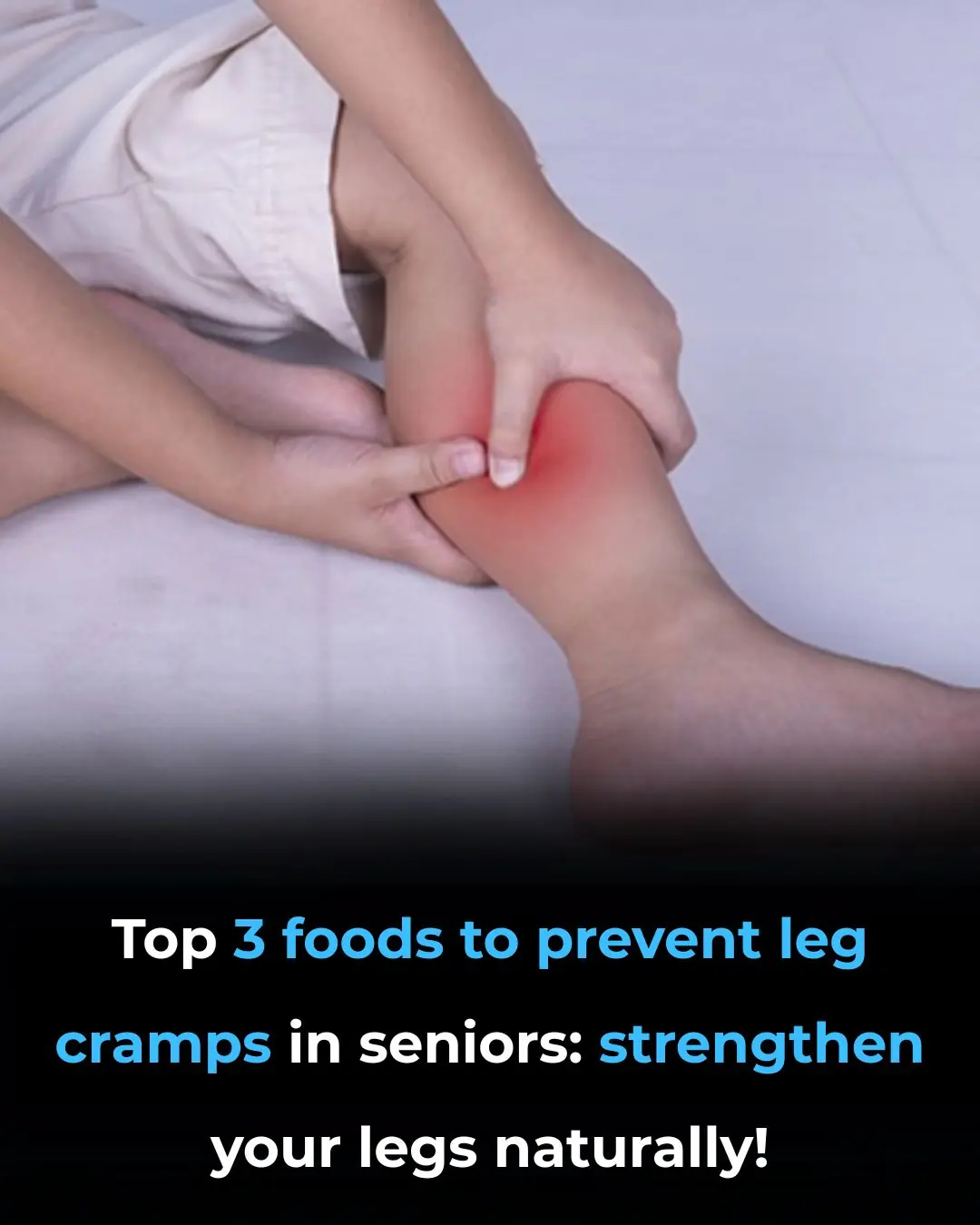
Eat these 3 foods to strengthen them…
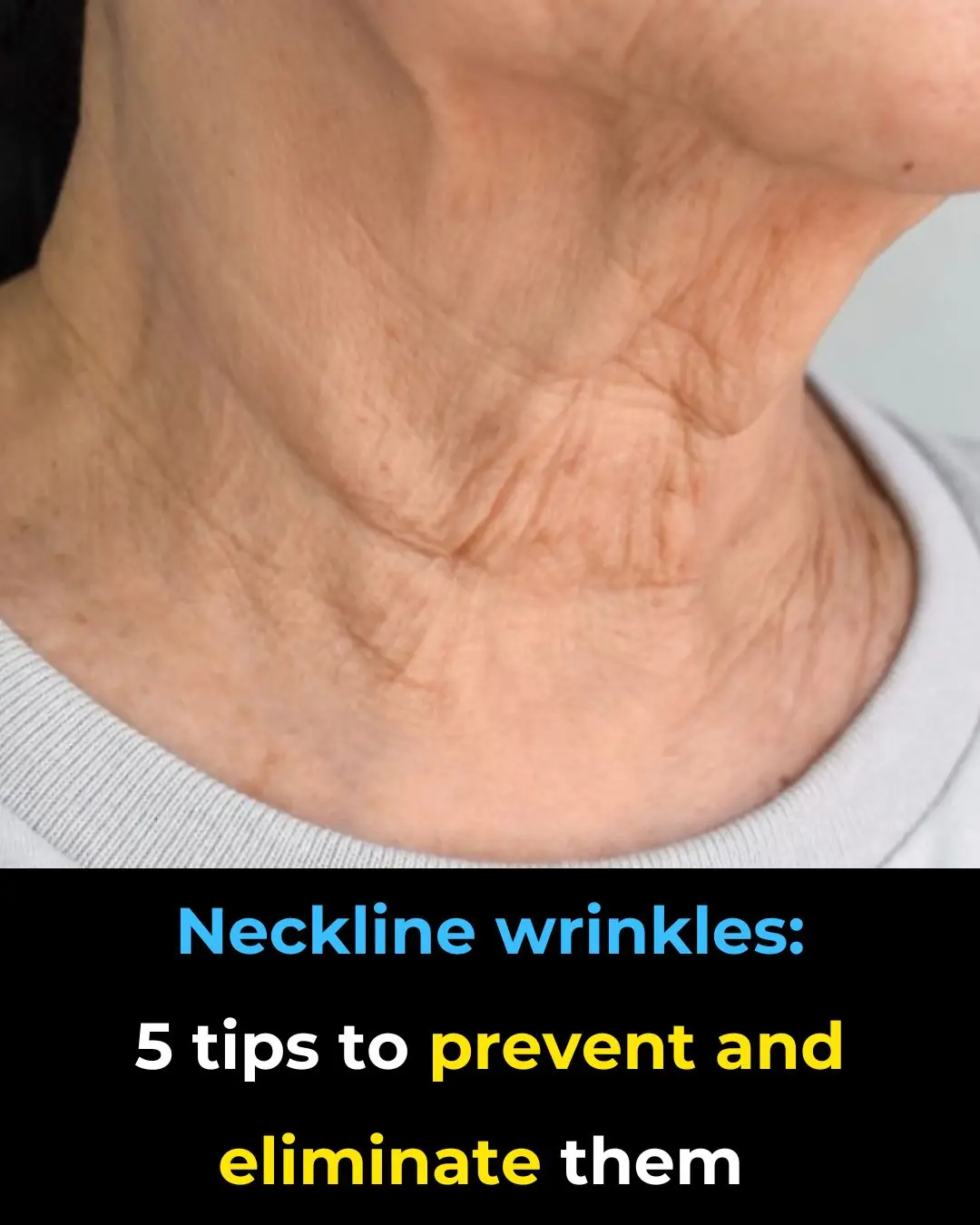
Neckline Wrinkles 5 Tips to Prevent and Eliminate Them

The Reason Some People Keep Lemons on Their Nightstand While Sleeping
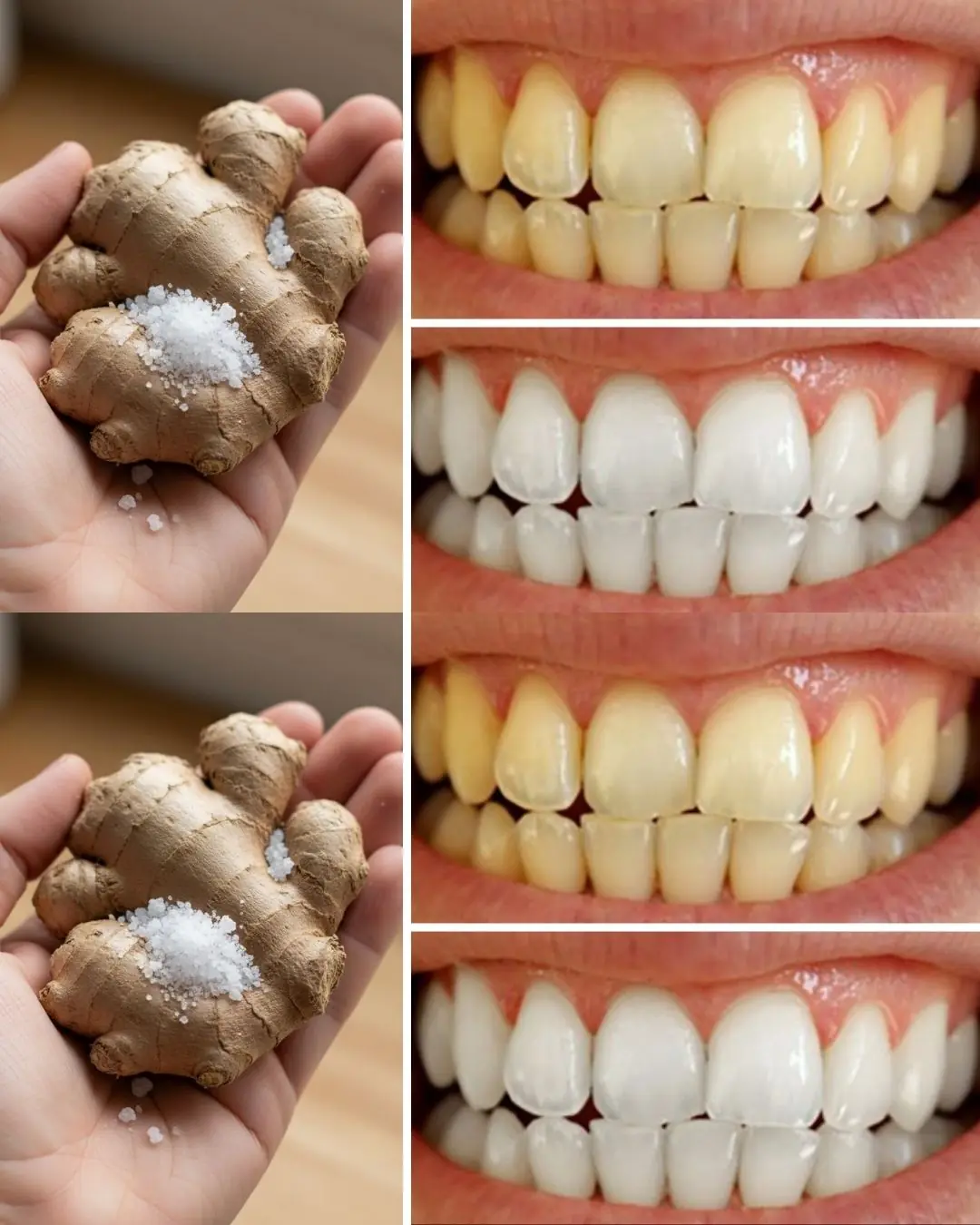
Ginger and Salt Teeth Whitening Remedy
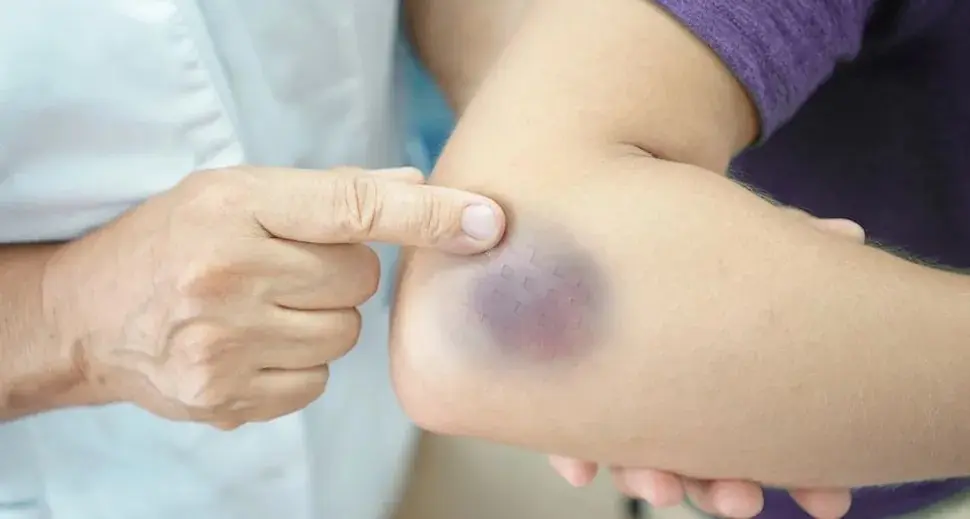
The Pain Most People Brush Off That Signals Serious Trouble
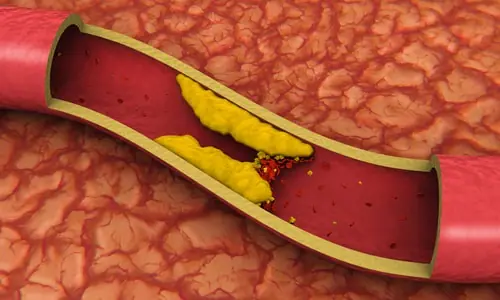
Warning Signs Your Arteries Need Cleansing and The Foods That Do It Best
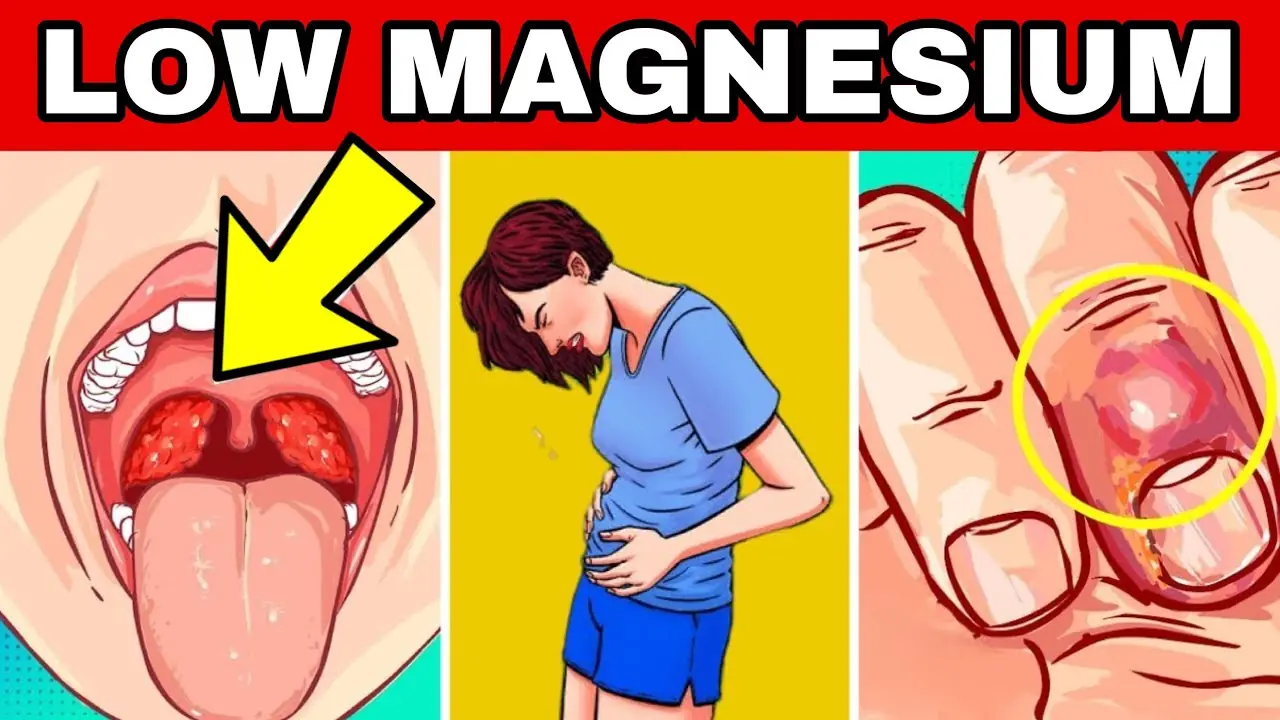
10 Warning Signs of Low Magnesium Levels and What to Do About It

The 5 fruits secretly damaging your brain after 50
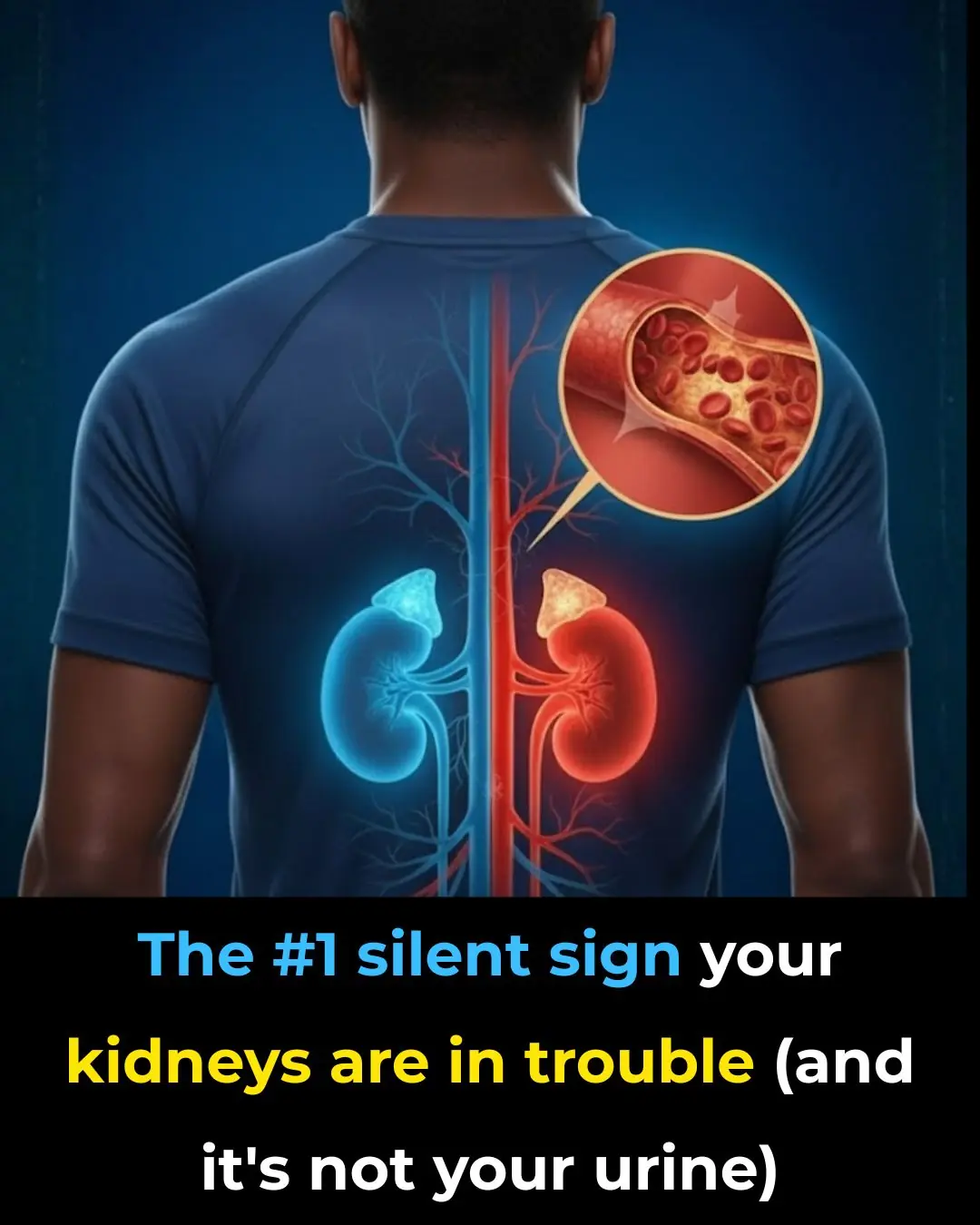
The #1 silent sign your kidneys are in trouble (and it’s not your urine)
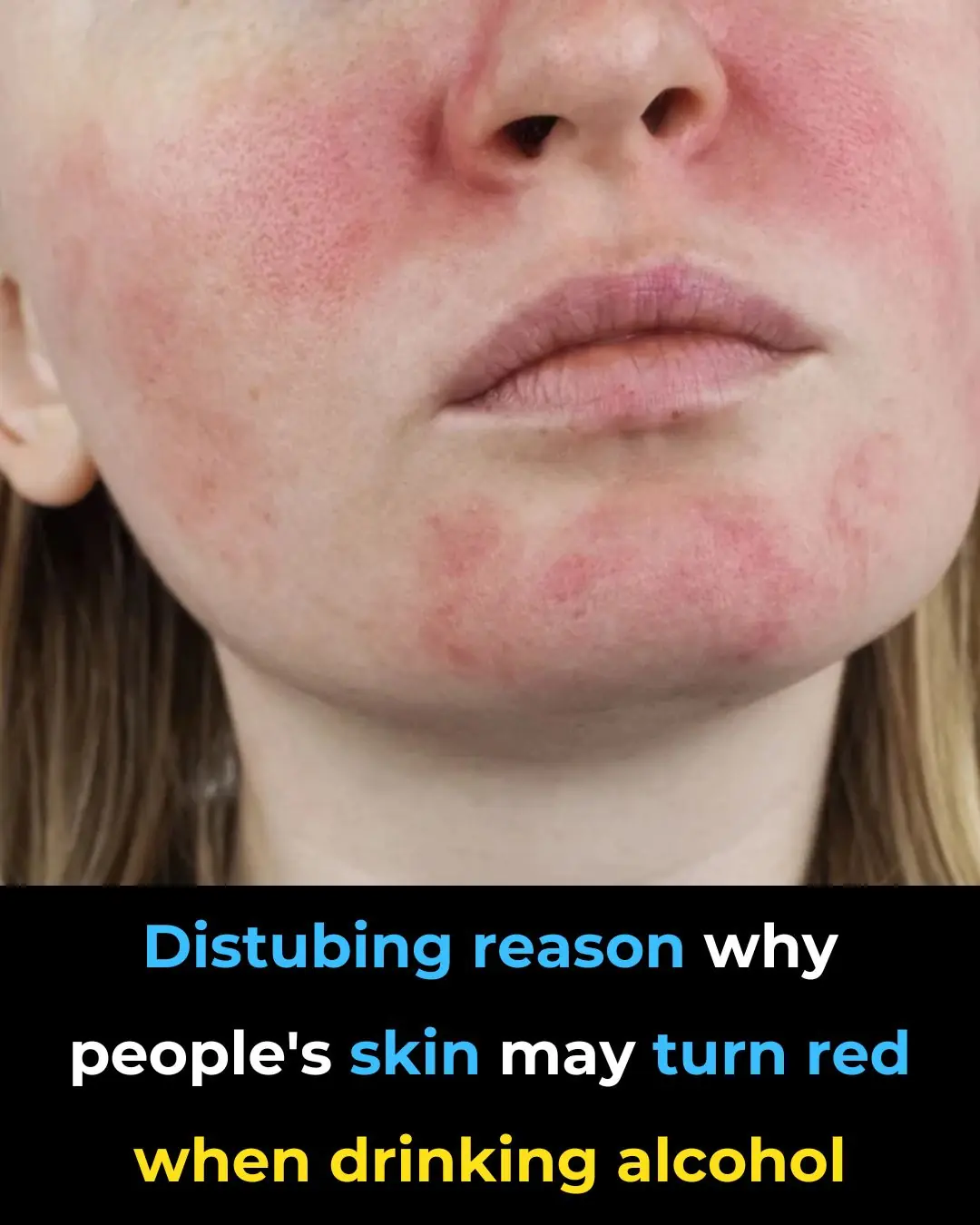
Why Some People’s Skin Turns Red When Drinking Alcohol
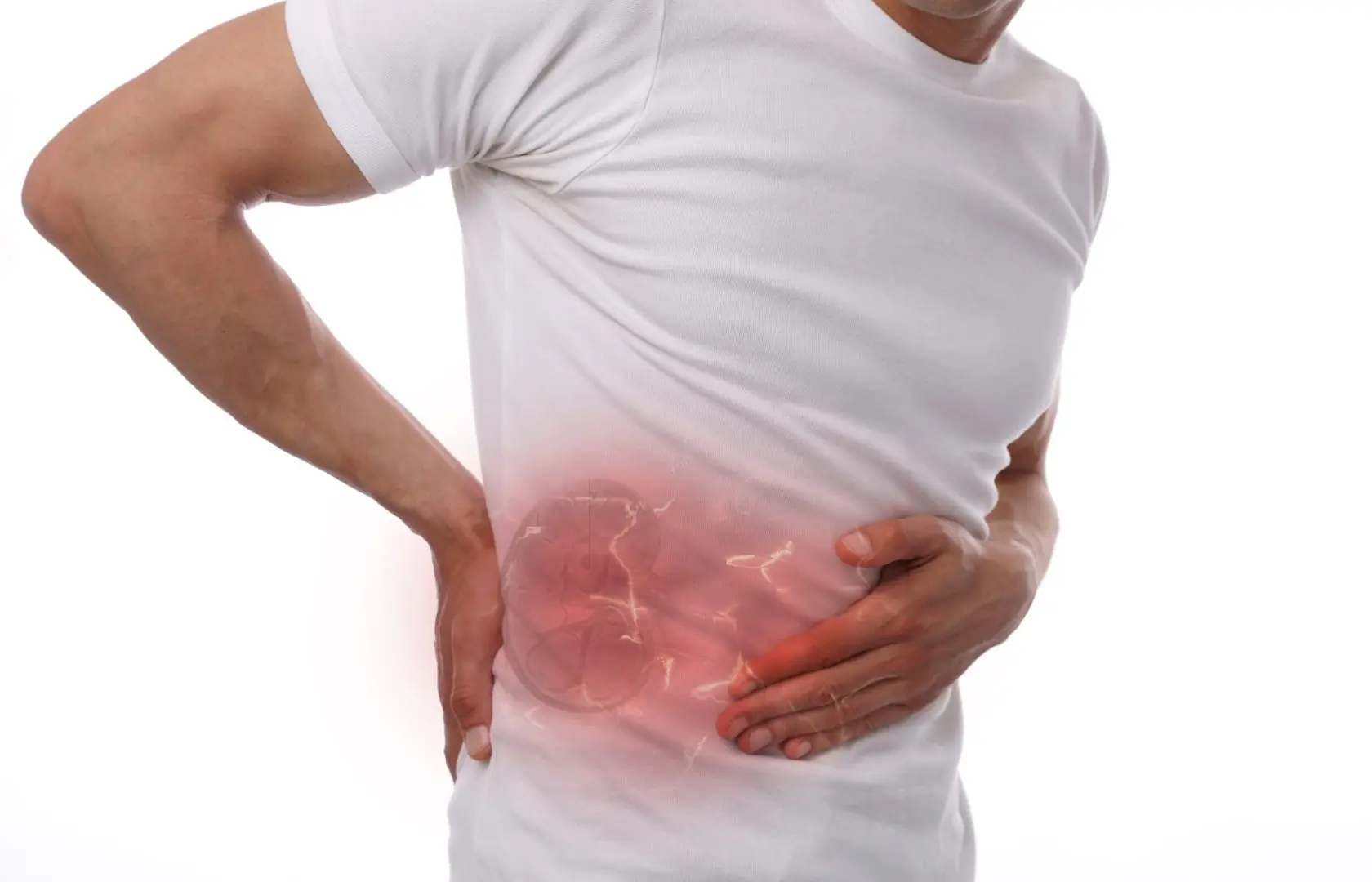
🩺 The #1 Silent Sign Your Kidneys Are in Trouble (And It’s Not Your Urine)

The 5 Fruits Silently Damaging Your Brain After 50 — And What to Eat Instead

Capsaicin: The Fiery Compound That Stops Heart Attacks and Destroys Cancer Cells
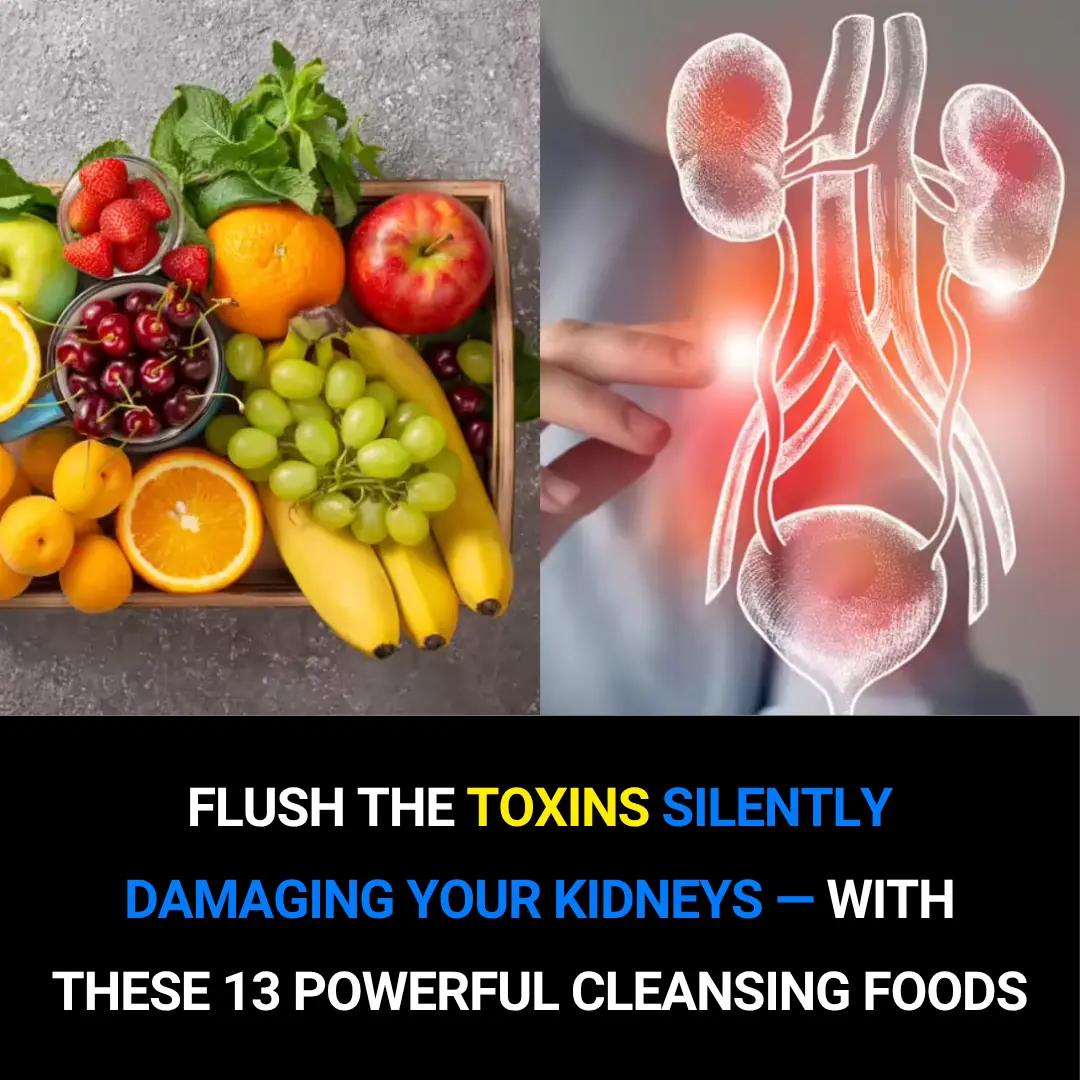
Flush Away the Hidden Toxins Damaging Your Kidneys — With These 13 Powerful Cleansing Foods
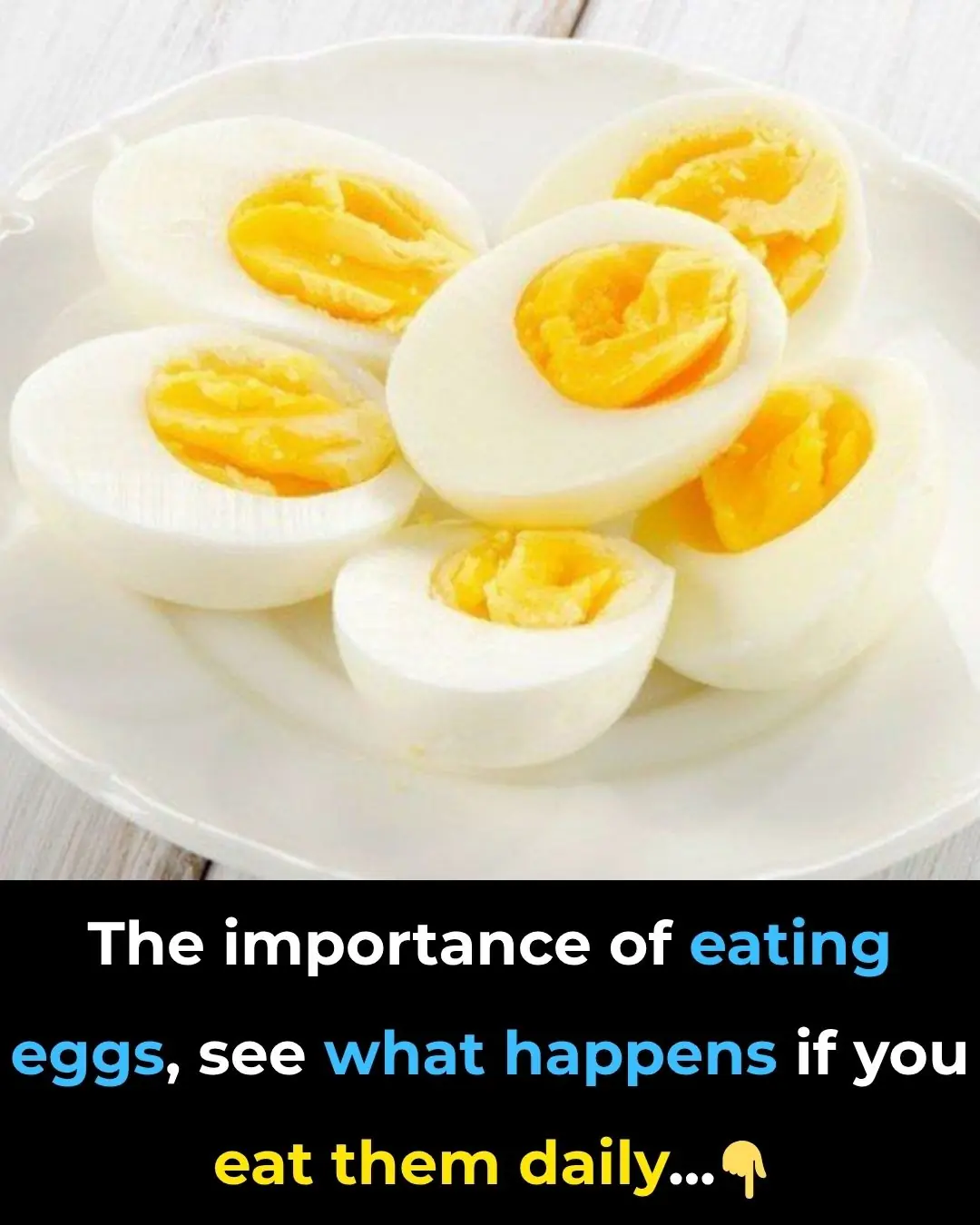
The surprising truth about eating eggs every day

Why You Should Stop Waking Up to Urinate
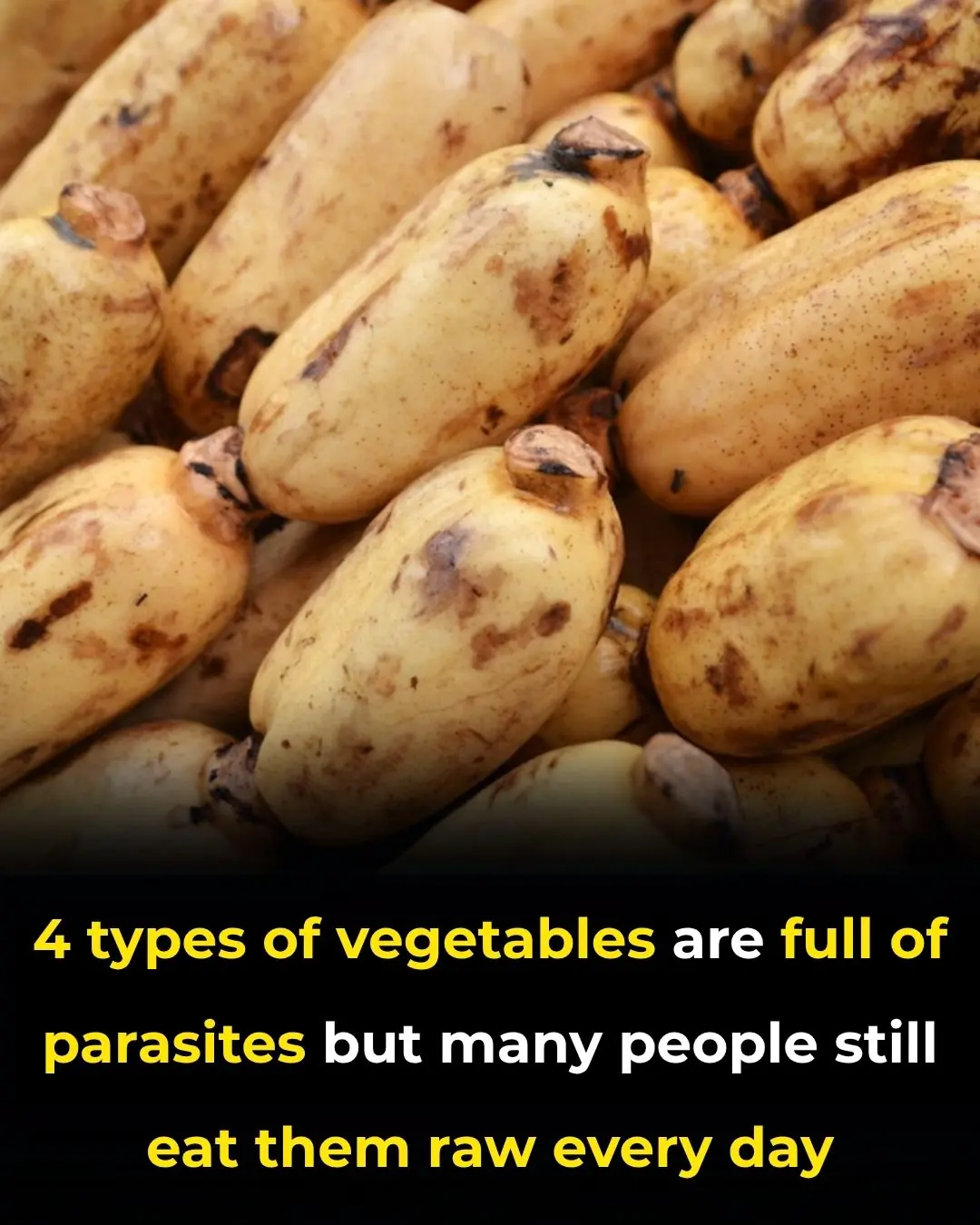
4 types of vegetables are full of parasites but many people still eat them raw every day
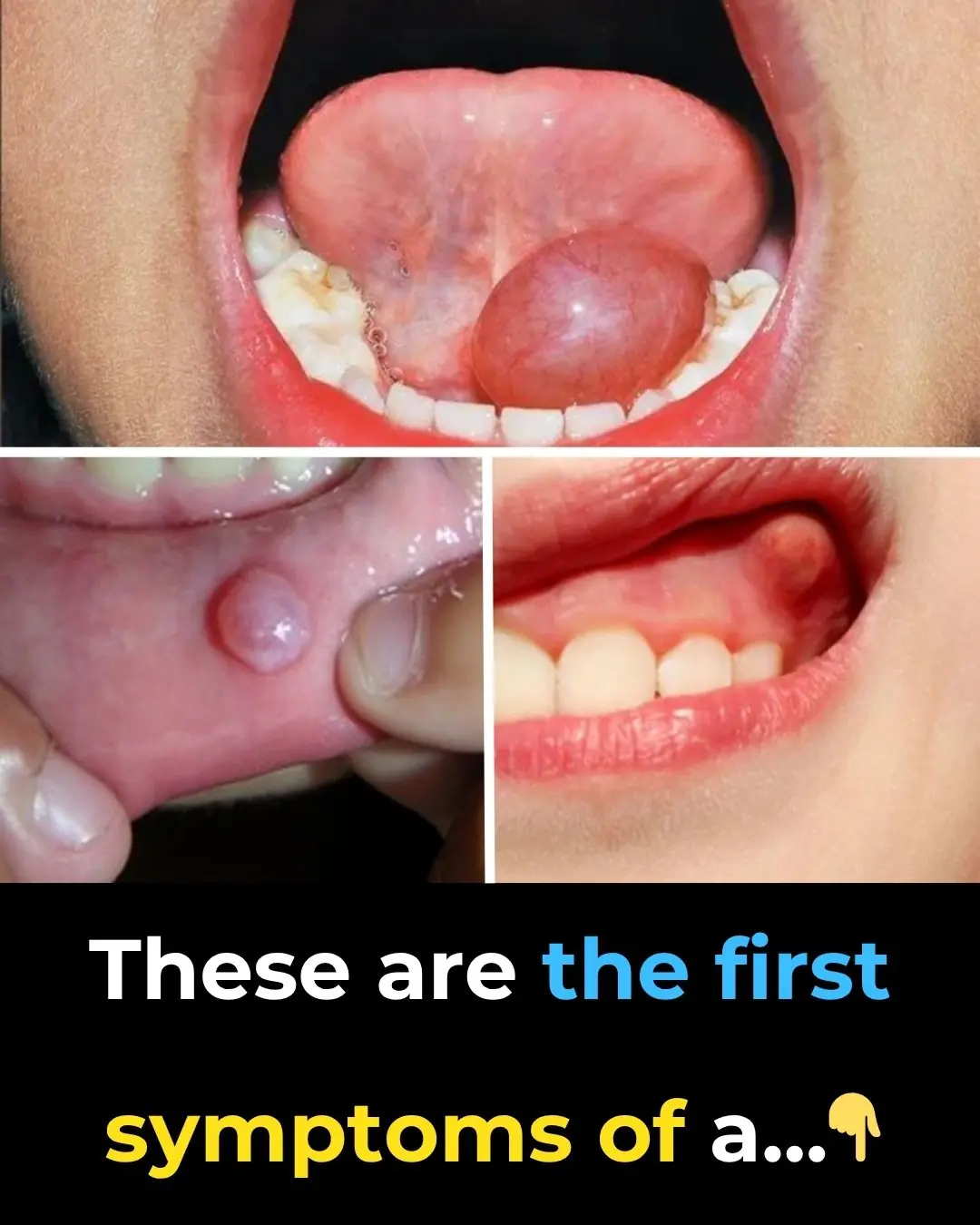
Hidden Dangers in Your Mouth: Early Signs of Oral Cancer
News Post
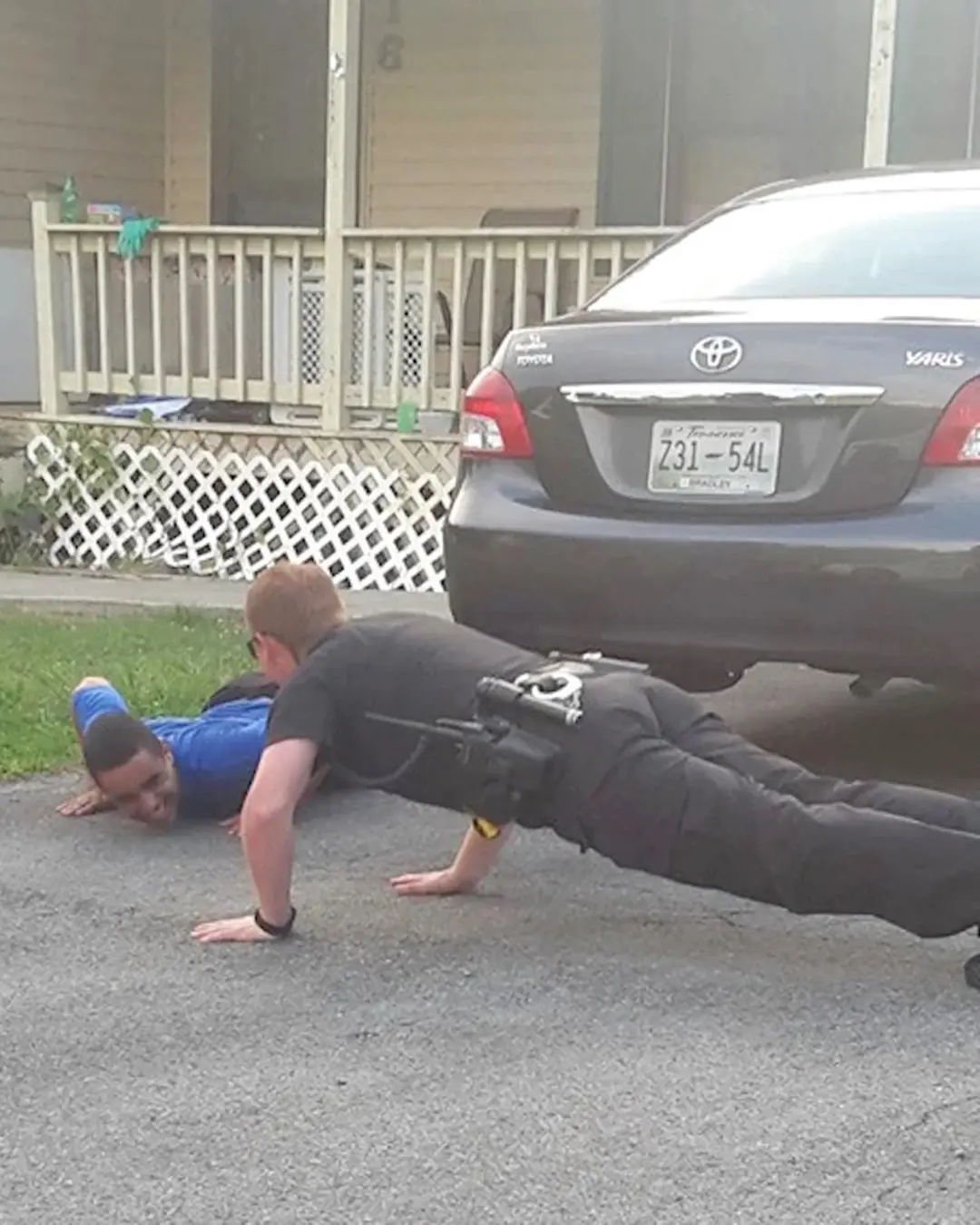
Push-Ups and Kindness: How One Deputy Reached a Boy’s Heart.

The Power of Urtica dioica: Natural Relief for Joint Pain, Arthritis, and Inflammation

The Woman at the Post Office: A Lesson in Beauty and Humanity.

James Spann: A Birthday, An Anniversary, and a Lifetime of Love
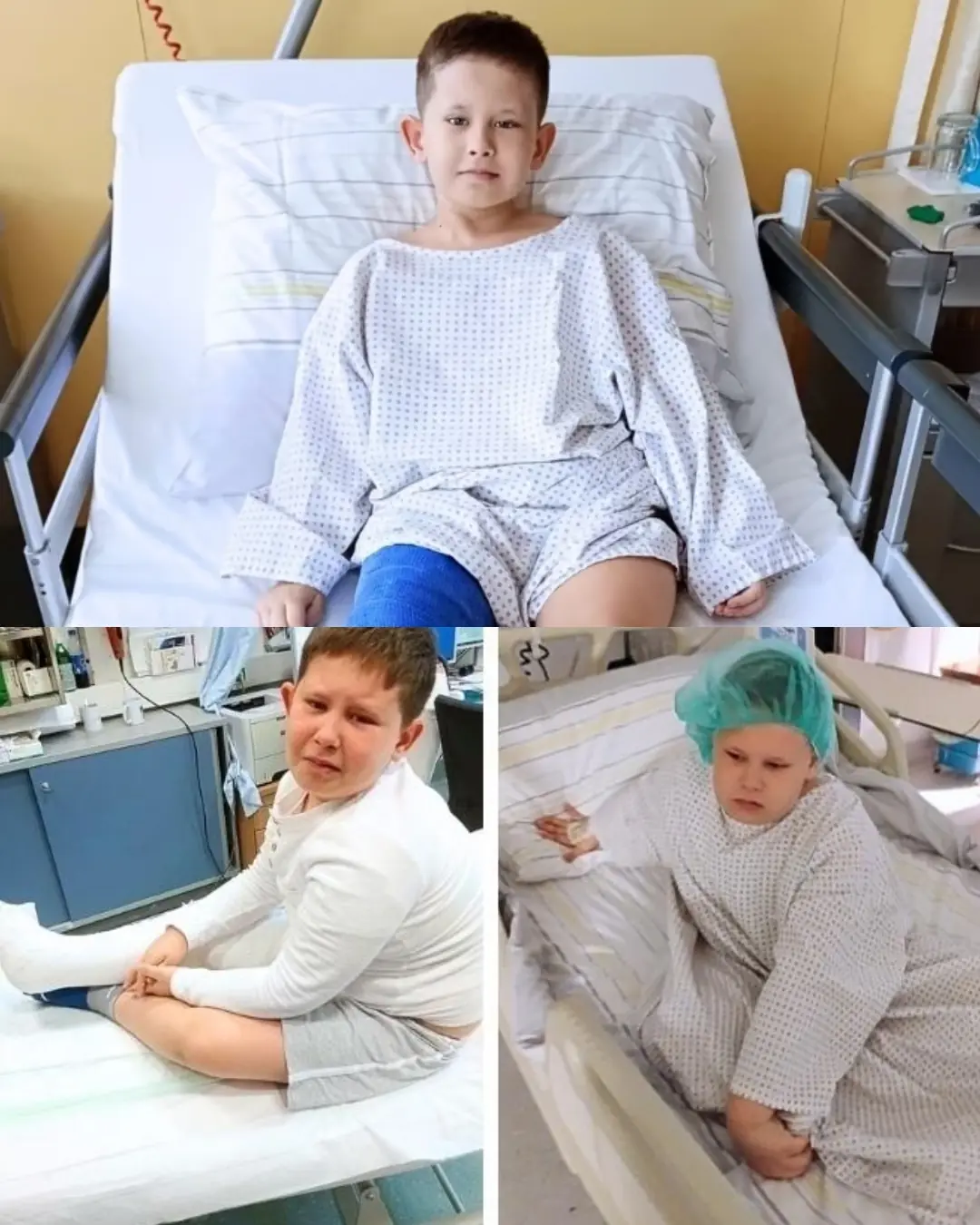
“For Alan” — A Family’s Fight Against Hemimelia

A Simple Breakfast, a Powerful Reminder: Strangers Bridge the Divide with Kindness
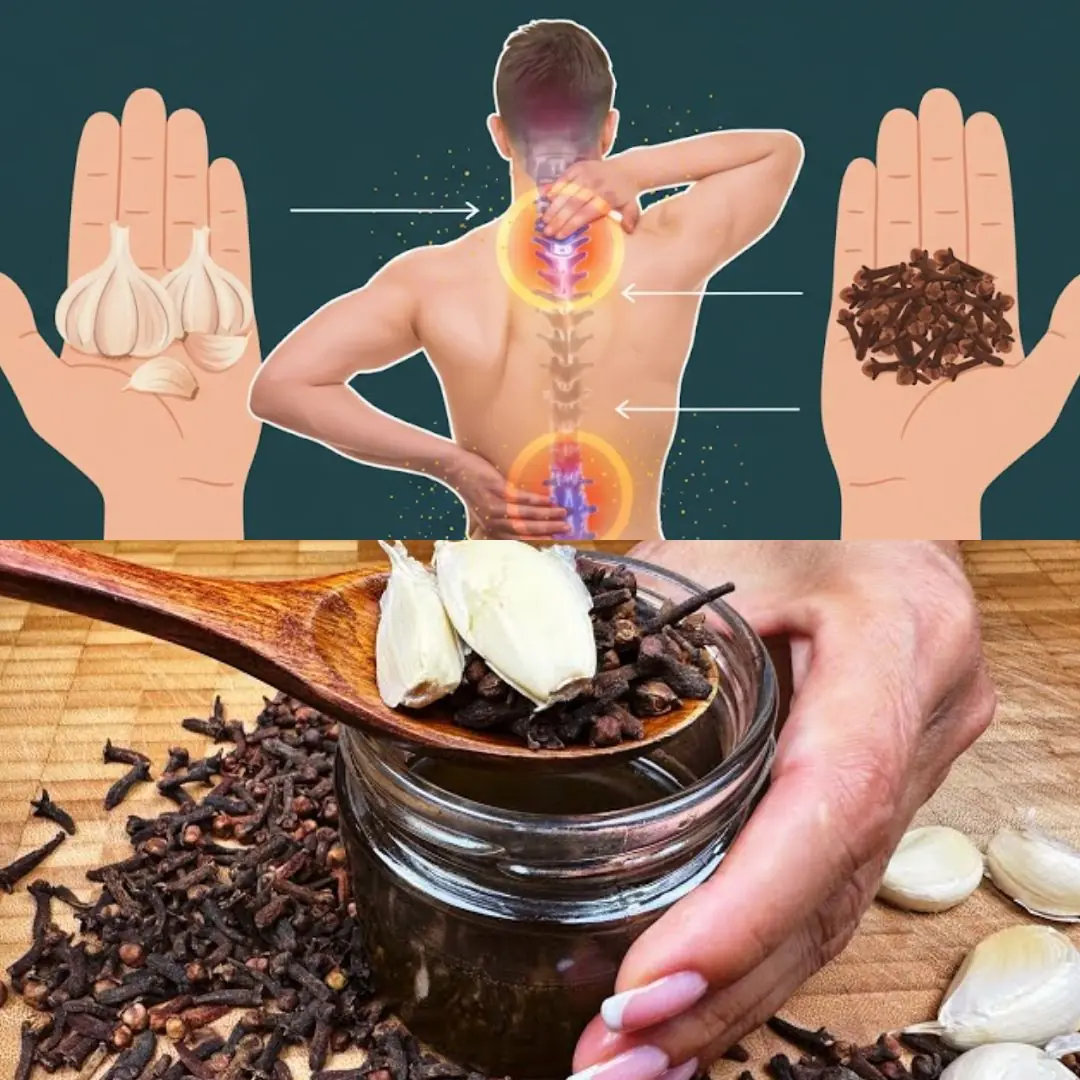
Garlic, Honey, and Cloves – a powerful natural remedy packed with health benefits
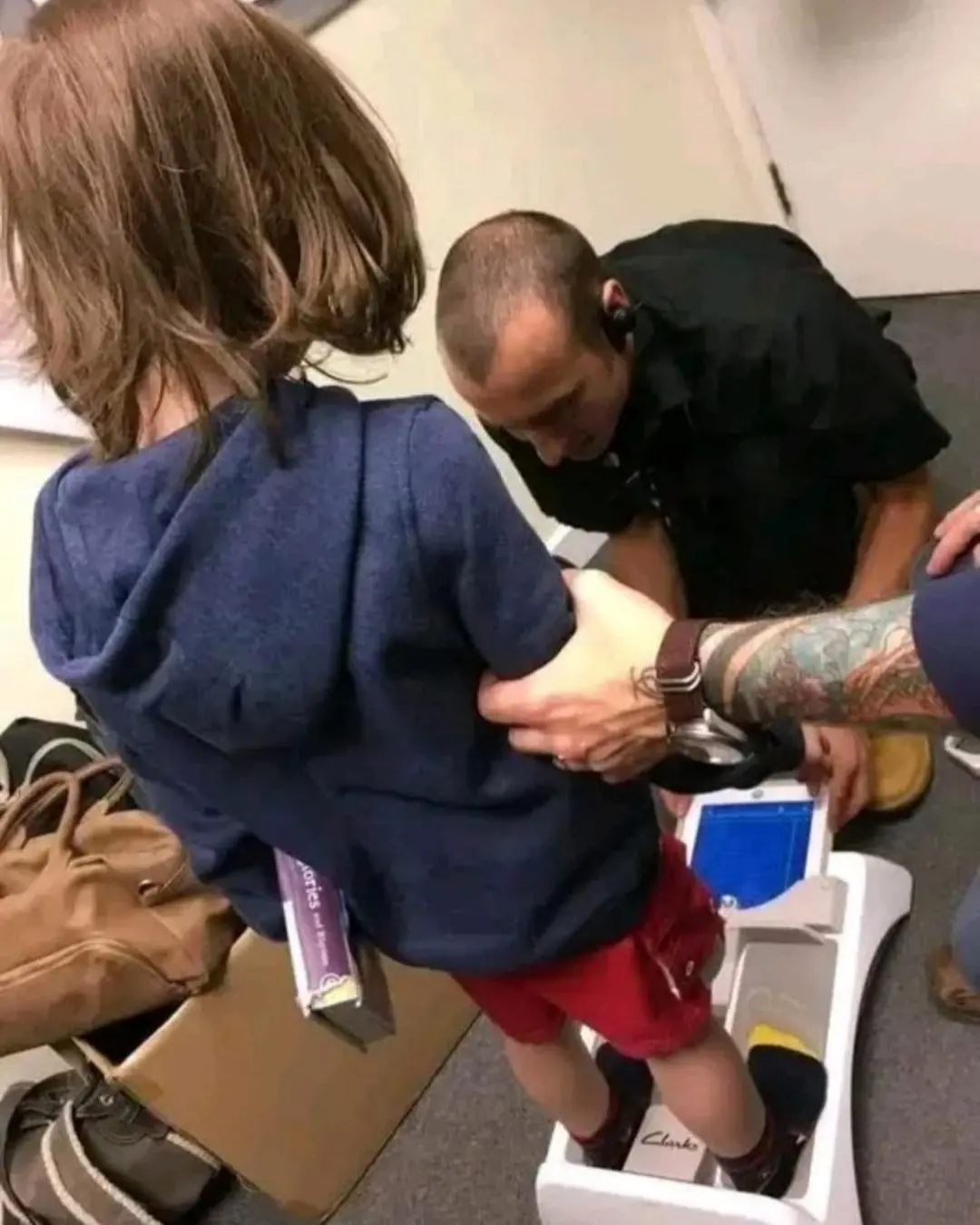
A Quiet Room, a Kind Heart, and a Pair of Shoes

From Fear to Home: A Shelter Dog’s Journey to Love
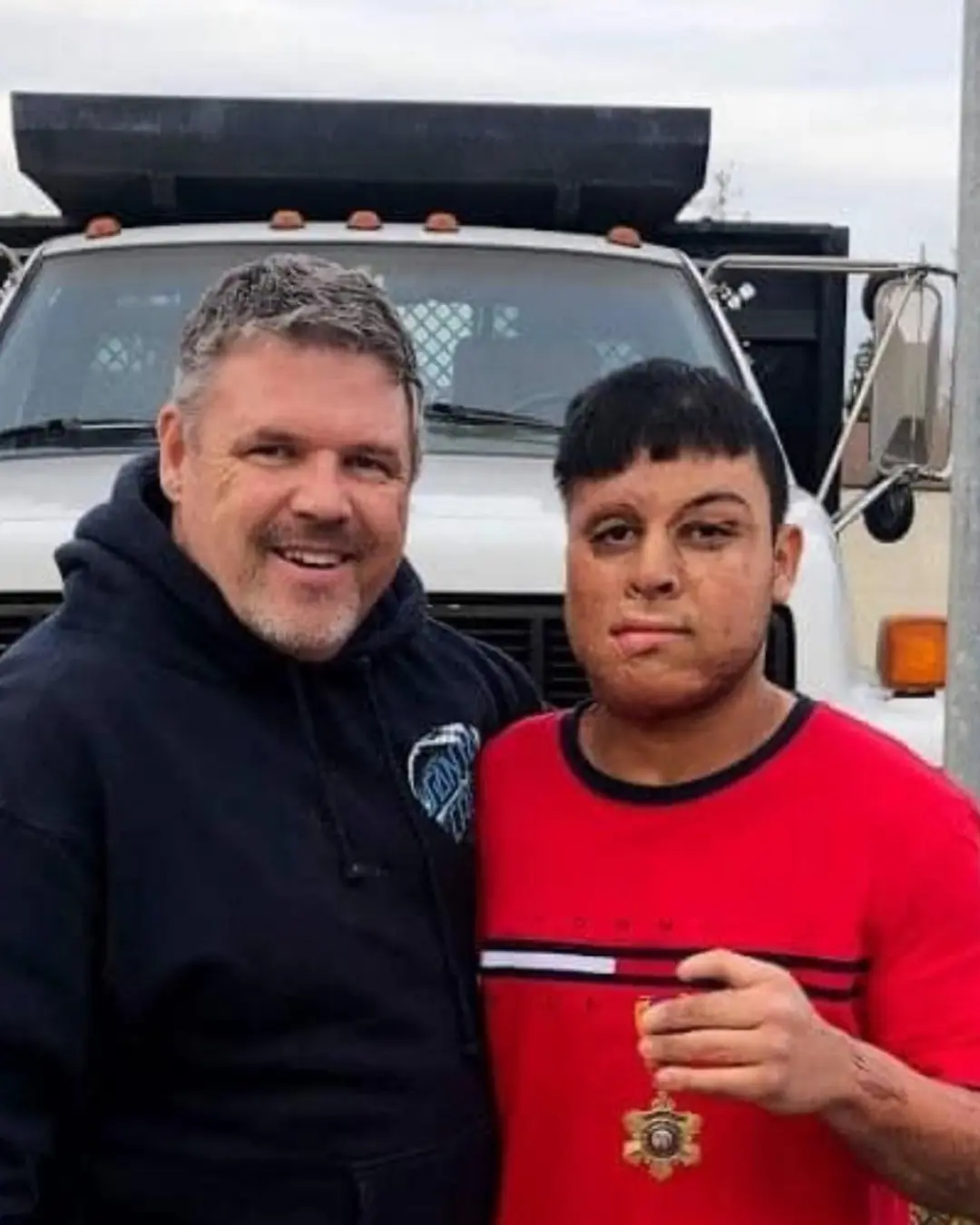
A Chance Encounter in California Reunites Hero and the Boy He Saved 13 Years Ago

The Best Tea for Mornings and After Dinner: A Powerful Blend for Health
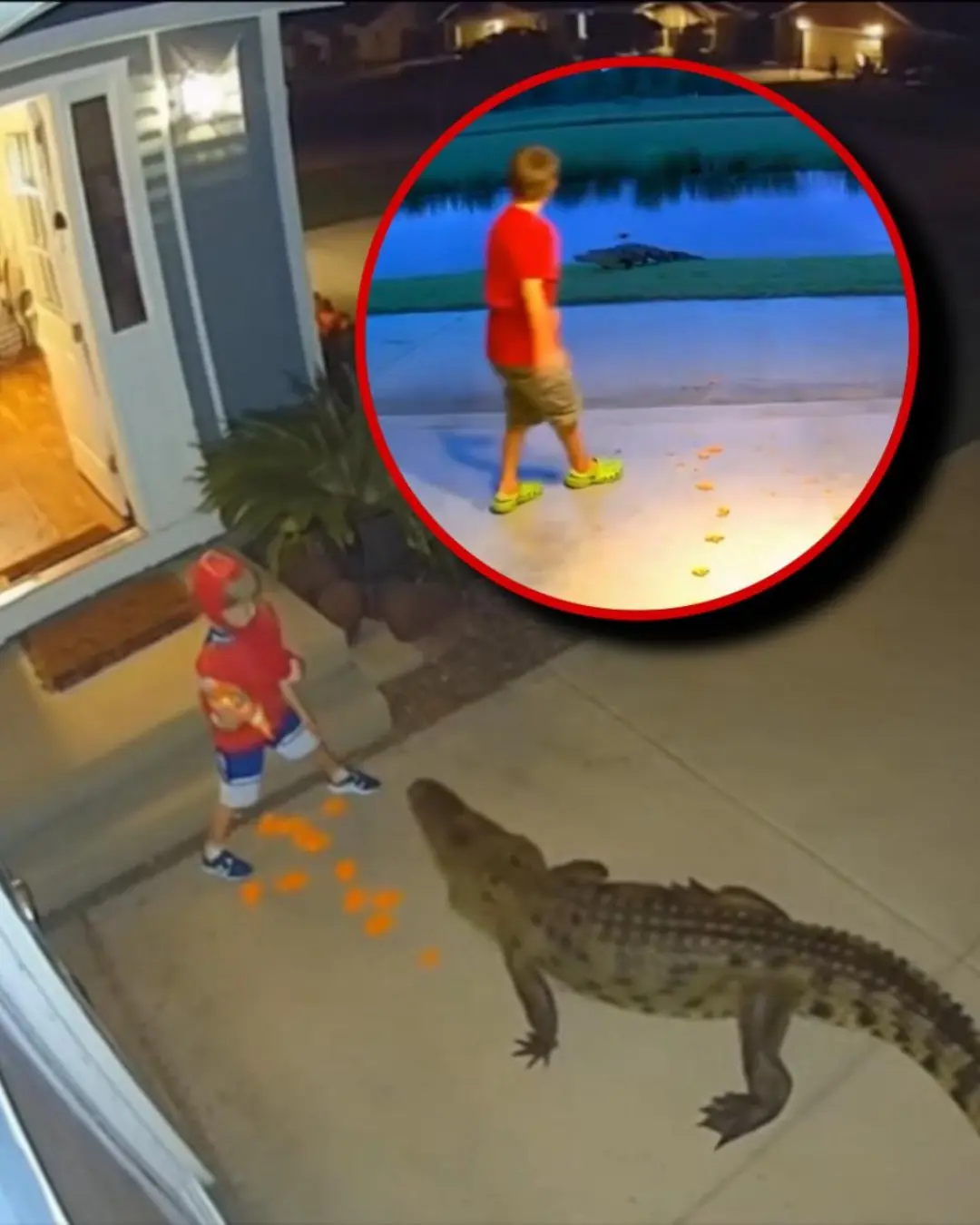
The Goldfish Alligator: A Florida Kid's Wild Attempt at Luring a Reptile

Benefits and Uses of Papaya Flowers Soaked in Honey

The Wiener Dog and the Bear: A Friendship Lost and Found in the Mountains

Papaya releases a milky sap, but most people don’t realize how important it is

Bay Leaf – Nature’s Secret Against Wrinkles and Fine Lines

The Hidden Power of Garlic Bulbils: Nature’s Tiny Healing Pearls
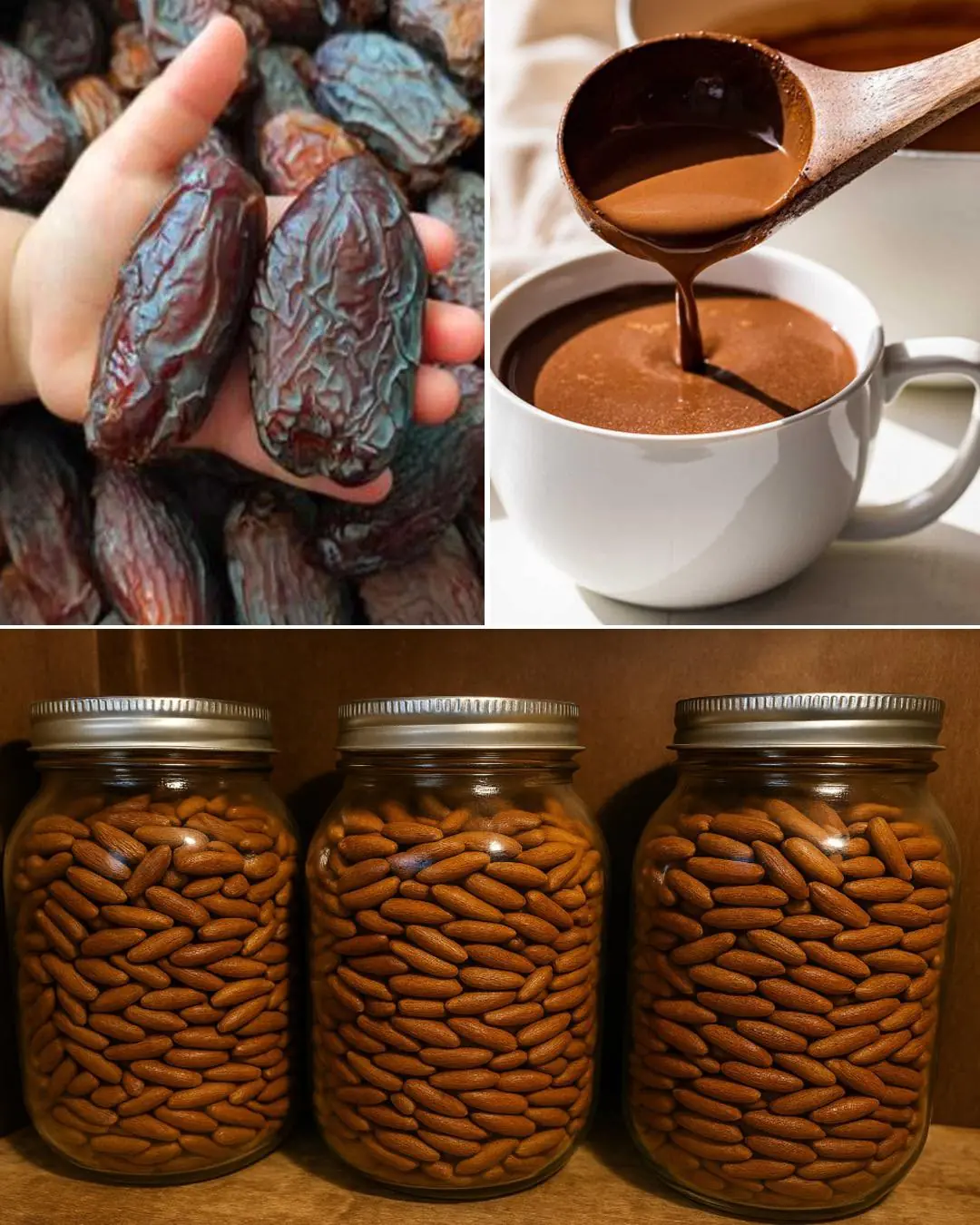
Date Seeds Benefits: The Superfood Ingredient with incredible health benefits

Unlock The Incredible Health Benefits of Garlic, Ginger and Lemon for Men
